From Freedom News UK
It’s International Women’s Day, and I am conflicted. I feel both elation at the opportunity to share the work and ideas of groundbreaking women throughout the centuries and thoroughly depressed that we still need a ‘day’ to remind the world that women exist, that our creative expression matters, that our intellectual endeavours are valid, and that the emotional labour we often give freely in service to our communities is valuable.
I also write this as Freedom’s new Culture Editor. It is both an honour to be working at Britain’s oldest anarchist publication and a responsibility. I’m not here to write fluff pieces. I aim to focus on the behaviour of those in power while envisaging ways in which to dismantle this power through curating thoughtful, cultural responses; the Romantic in me seeks to nourish our anarchic hearts with truth and beauty.
Speaking truth to the power of the patriarchy is unimaginably difficult, even as I live a life of relative privilege. In the past, I’ve experienced deep levels of discomfort at writing one small truth because there’s the worry that I’ll be branded a troublemaker, a man hater, a difficult woman to work with. All of which heightens my respect for those women across global history who’ve had to fight like lions for the barest modicum of political and/or cultural change.
To quote Emma Goldman, The history of progress is written in the blood of men and women who have dared to espouse an unpopular cause as, for instance, the black man’s right to his body, or woman’s right to her soul.
Today, I asked someone who naturally uses poetic imagery in their conversation why they don’t write poetry, and they replied, Poetry doesn’t kill fascists.
But it does, I returned; Poetry darns holes in our tattered imaginations, forces difficult dialogue with the Self, and encourages a deep empathy for all living beings. How is this radical approach not the most beautiful way to end fascism? Afterwards, I wish I’d remembered to cite the great Audre Lorde in the opening lines of her poem, Power:
The difference between poetry and rhetoric
is being ready to kill
yourself
instead of your children.
Poetry asks us to take a deep-dive into the psyche, to kill the ego and emerge bare-naked and battered from the assault. In this way it also kills fascist ideology because the two are, in my mind, mutually exclusive. Audre Lorde, black woman, feminist, poet, lesbian, and activist understood this, as well as the horrors that rhetoric can unleash, and then managed to distil the entire philosophy down to just four lines of pure genius.
Having said that, Ezra Pound was a great poet and a fascist, which also proves that there’s no singular solution to some people being absolute cunts.
Is fascism the biggest threat to women today? I’m not sure. Perhaps I would argue that the sheer volume of men and women who have internalised that particularly noxious mix of capitalism and patriarchy is our biggest enemy. Especially when it manifests as gossiping about, or competing with, women in place of empathy and support.
But if that is our weakness, then our strength is the inordinate number of women (and people across the gender spectrum) who are recognising this toxicity and actively taking steps to disconnect from those elements of our culture, instead endeavouring to lift up our sisters wherever and whenever possible. There’s a great, and hilarious, example on Instagram from The Speech Professor calling out the ridiculous expectations some men have of women.
Poetry, language, film, music, and art continue to be beautiful tools for disseminating ideas that then rage across our collective psychological landscapes like La Niña.
Take the viral Barbie speech by America Ferrara that begins:
It is literally impossible to be a woman. You are so beautiful and so smart, and it kills me that you don’t think you’re good enough. Like, we have to always be extraordinary, but somehow we’re always doing it wrong.
Hands up, how many of you cried during this speech? I did.
So many innovative and creative women make up the rockface of our herstory, and I wonder how many of them we inadvertently clamber over or use for a leg up without fully recognising their contribution to the artistic landscape we now inhabit.
I’m currently reading The Gentrification of The Mind by Sarah Schulman, an outstanding memoir on AIDS, queer culture, downtown arts movements, and innovative people from history being erased by the gentrification not only of place but of the collective memory. It’s got me thinking about the many women who create vibrant, inspiring lives during their time on earth who are no longer recognised or who’ve been side-lined, ignored in life and death by a gentrification process that doesn’t recognise idiosyncratic women even as it absorbs their singular brilliance. But that’s how the diminishment process works. Writes Schulman.
What halts this erasure of women’s words, activism, art, and herstories are the people who recognise our pioneering women in their lifetimes and continue to celebrate them after death; who work to vividly portray the dynamic, intelligent, multifaceted woman without reducing her to the caricature of a jumble of red lipsticks or oversized cardigans or cats or plethora of lovers.
We’re more than that, better than that, and anybody saying otherwise should have the world’s population to contend with—at least they would in my utopia.
I’ve been handed some recommendations from Freedom Bookshop, firstly for a book that has now landed on my To Be Read list: Anarchafeminist by Chiara Bottici. Reading the blurb, I’m already taken by the author’s intersectional and anti-speciesism approach. At the bottom of this article, you can find a further list of recommended books from the bookshop that you should be able to get your hands on in-store, and below that, an eclectic (but not exhaustive) list of books by women that have spoken to me over the years.
I’ll finish with a poem by the great anarchist poet Voltairine de Cleyre, writing in memory of pioneering feminist Mary Wollstonecraft:
Mary Wollstonecraft
The dust of a hundred years
Is on thy breast,
And thy day and thy night of tears
Are centurine rest.
Thou to whom joy was dumb,
Life a broken rhyme,
Lo, thy smiling time is come,
And our weeping time.
Thou who hadst sponge and myrrh
And a bitter cross,
Smile, for the day is here
That we know our loss; —
Loss of thine undone deed,
Thy unfinished song,
Th’ unspoken word for our need,
Th’ unrighted wrong;
Smile, for we weep, we weep,
For the unsoothed pain,
The unbound wound burned deep,
That we might gain.
Mother of sorrowful eyes
In the dead old days,
Mother of many sighs,
Of pain-shod ways;
Mother of resolute feet
Through all the thorns,
Mother soul-strong, soul-sweet, —
Lo, after storms
Have broken and beat thy dust
For a hundred years,
Thy memory is made just,
And the just man hears.
Thy children kneel and repeat:
“Though dust be dust,
Though sod and coffin and sheet
And moth and rust
Have folded and moulded and pressed,
Yet they cannot kill;
In the heart of the world at rest
She liveth still.”
Philadelphia, 27th April 1893
Taken from Collected Poems, The Anarchist Library.
Freedom Bookshop recommends:
• Means & Ends by Zoe Baker
• Radical Intimacy by Sophie K Rosa
• Braiding Sweetgrass by Robin Wall Kimmerer
• The Feminist & the Sex Offender by Eric R Meiners and Judith Levine
• Wayward Lives, Beautiful Experiments by Saidiya Hartman
• Surmounting the Barricades: Women in the Paris Commune by Carolyn Eichner
• In Defence of Witches by Mona Chollet
• Labour of Love by Moira Weigel
• Feminism Against Family by Sophie Lewis
• Wages for Housework by Louise Toupin
• Revolting Prostitutes by Molly Smith & Juno Mac
• Regretting Motherhood by Orna Donath
• Innocent Subjects by Terese Jonsson
Also anything by Judith Butler, Angela Davis, Ruth Kinna, Bell Hooks, or Audre Lorde.
Editor’s eclectic recommends:
• Flights by Olga Tokarczuk
• Finding the Mother Tree by Suzanne Simard
• Oneness Vs the one percent by Vandana Shiva
• What it Means When a Man Falls From the Sky by Lesley Nneka Arimha
• Mama Amazonica by Pascale Petit
• The Vegetarian by Han Kang
• The Dispossessed by Ursula K le Guin
• Frankenstein by Mary Shelley
• Problems by Jade Sharma
• The World Keeps Ending and The World goes On by Franni Choi
• Deep Listening, a composer’s sound practice by Pauline Oliveros
• The Last Samurai by Helen de Witt
• Women Who Run With The Wolves by Clarissa Pinkola Estés
• Woman on the Edge of Time by Marge Piercy
• Three Women by Lisa Taddeo
• Parable of the Sower by Octavia E Butler
• Adrienne Rich by Selected Poems 1950 – 2012
• The Book of Phoenix by Nnedi Okorafor
• Remains of a Future City by Zoë Skoulding
• Fleabag original script by Phoebe Waller-Bridge
• A Field Guide to Getting Lost by Rebecca Solnit
• Vengeance is Mine, Marie Ndiaye
• The Veiled Woman, Anaïs Nin
Also anything by Margaret Atwood and Toni Morrison.
~ Sophie McKeand


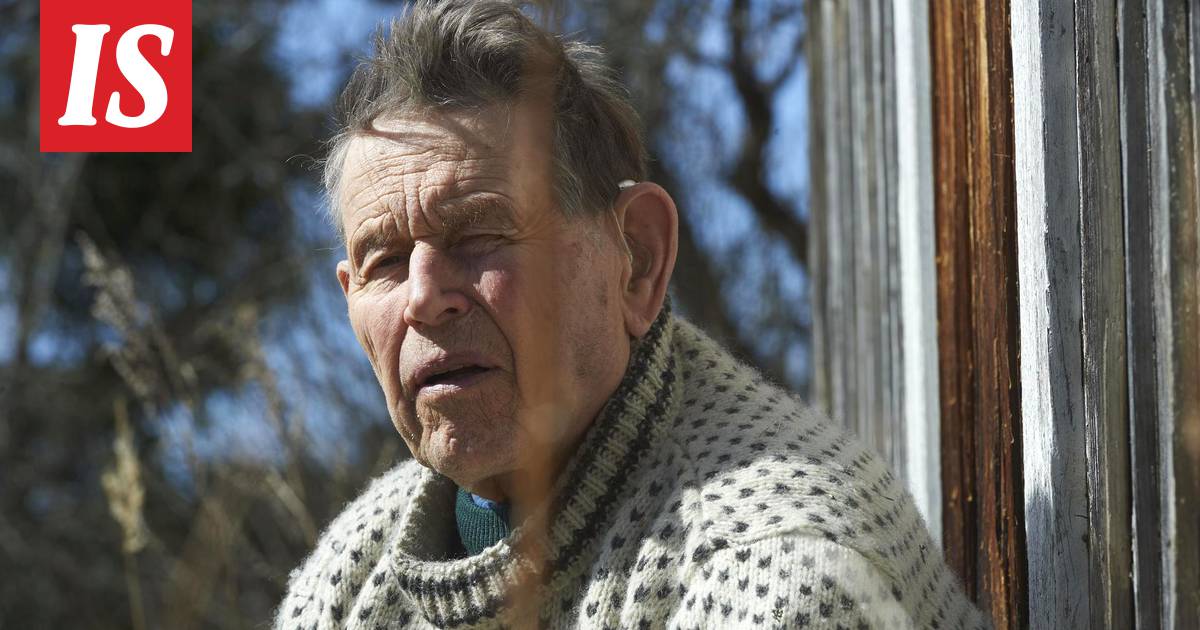




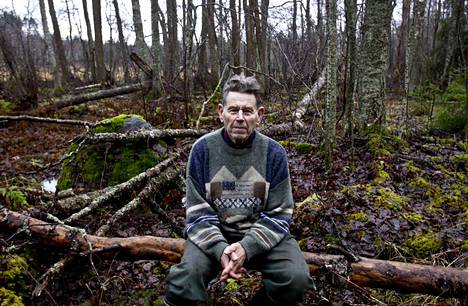
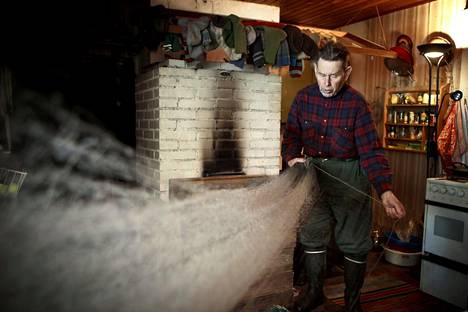
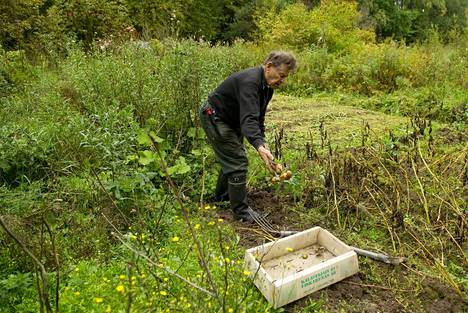
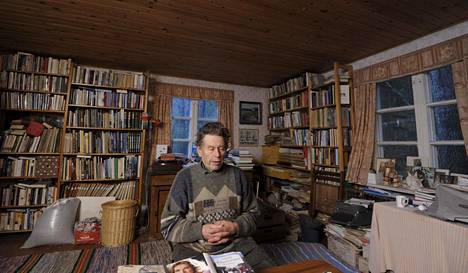

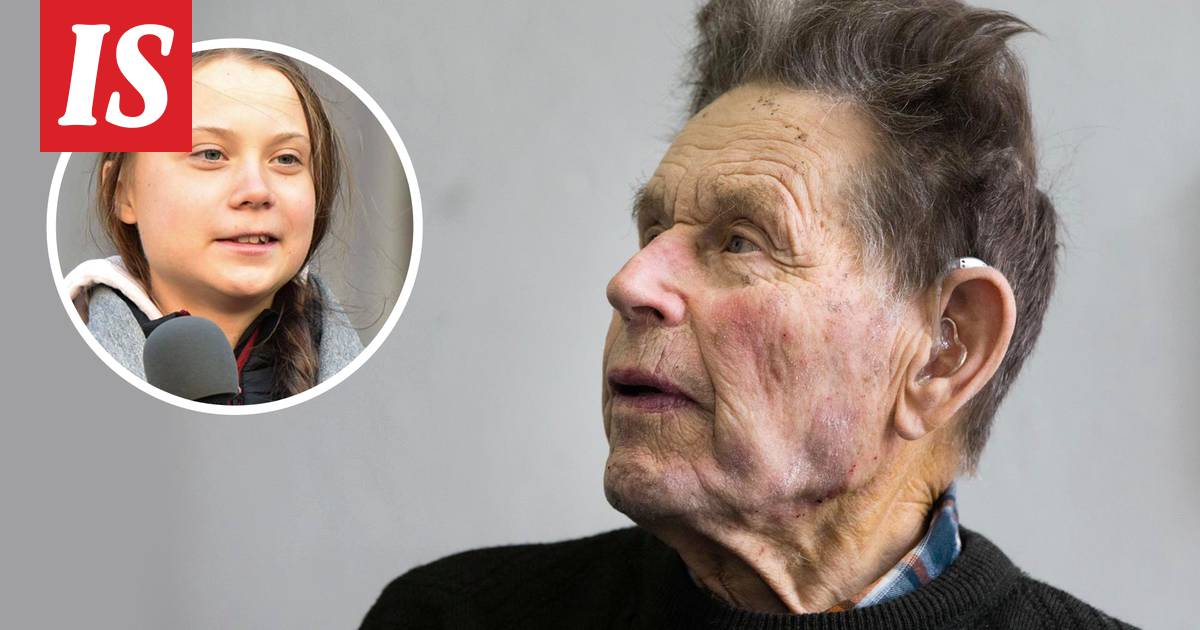
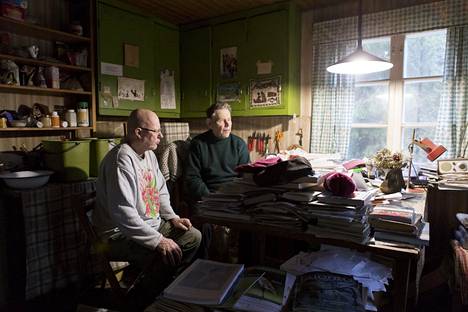
![Can Life Prevail? by [Linkola, Pentti]](https://images-na.ssl-images-amazon.com/images/I/51soi1DfqUL.jpg)



